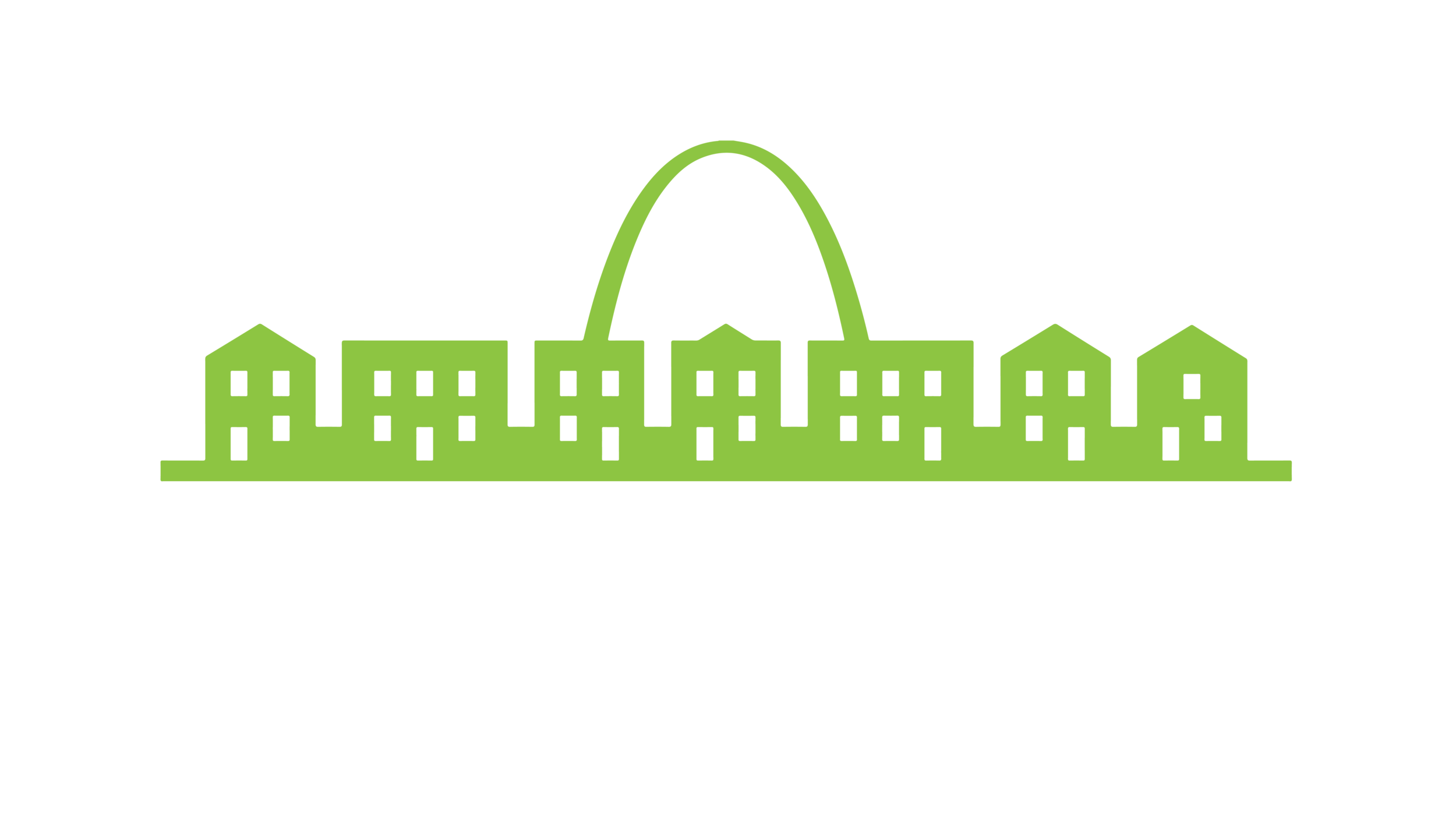Relational Response
Let’s be clear about this: a response based on relationships is going to mean stepping outside of your comfort zone. It means breaking out of your normal routine and talking to someone you haven’t talked to before. It means being open to new experiences.
There are a few things that have to happen for you to be willing to be uncomfortable:
1. You have to push back on assumptions you have
2. You have to listen to people who have a different experience than you
3. And when you listen, you have to listen with new ears
Pastor Bryan Loritts of Fellowship Memphis shared an example of this at the Kainos Forum recently. He talked about how this plays out in marriage. When two people come together in marriage, many times they come together with a hurtful past. Whether that is abuse, or being taken advantage of, or even coming from a broken home. No loving spouse would look at their mate and say, “You need to move past that.” No, instead a loving spouse would enter into the hurt, mourn, be willing to talk and process what happened. It’s only when this takes place, can one have a true understanding of who that person is. When that happens, the opportunity to truly love begins. We must challenge the assumptions we hold, listen to people who have a different experience, and listen with new ears.
Maybe you’re thinking, “That’s great you say I should have a relationship but I don’t live in an area where that’s feasible.” This objection goes both ways- there isn’t always a clear platform for minority and majority cultures to build relationships, so where does that take place?
It starts with asking yourself a question: How many times have you been the minority? Did you know that 75% of “white Americans report that the network of people with whom they discuss important matters is entirely white, with no minority presence” (Public Religion Research Institute)? Think through your day. How many times do you see people that don’t look like you?
Not long ago I had the opportunity to speak at a conference in South Korea. It was my first time in Asia, and the trip happened to be not long after Michael Brown was killed. With so much attention on issues of race in St. Louis, I remember landing in Seoul and being more aware of my race than ever before. Everywhere I went eyes were staring at me, and everywhere I went I was well aware of my race and ethnicity. It was there I realized how seldom I think about my skin color while living in the States. How rarely uncomfortable I find myself, because I can choose to be around people that look just like me…leaving me often times blind to the racism that exists around me, or even worse blind to the way my actions (or inactions) contribute to racism. It was a profound experience. I challenge you to seek out situations where you will be in the minority. With the segregation of St. Louis, this isn’t hard to do! Experience what that’s like, think about that being reality for you on a daily basis, and reflect on that.
If you’re in the minority on a regular basis, how do you behave in those situations? Do you try to get through them and back to your majority culture as quickly as you can? Do you have honest, real conversations with people who aren’t like you? There can be real issues and challenges of power differentials, so this is hard. At times when you can, embrace discomfort and be open to building relationships with people who have a different experience than you.
We see the importance of relationship, and challenging assumptions you hold, all the time with our Job & Leadership Training students. They often say that sitting down in our program with someone who is white is the first time they’ve sat down with a white person that isn’t an authority figure like a police officer, principal, or teacher. The students have assumptions based on the experiences they’ve had with those authority figures. Our students push themselves to work toward relationship with volunteers in our program, many of whom are white, by embracing their discomfort and challenging the assumptions they formed years ago. It’s beautiful to see these relationships formed.
We see volunteers and students on the first day of class, when everyone is a bit uncomfortable interacting with each other. We are thankful for the students, volunteers, business owners and our staff who willingly give their time in a place that has honest dialogue, working through those initial feelings of discomfort. We see friendships form and honest relationships get built from the ground up. That’s why we see success in our JLT program: it’s built on honest relationships by both our JLT students and volunteers who are willing to sacrifice their own comfort.
Find the courage to be uncomfortable. It’s hard at first, but it’s worth it. It’s an important part of bringing healing to our city.
Next week we’ll take a closer look at what a response based on Opportunity looks like.
